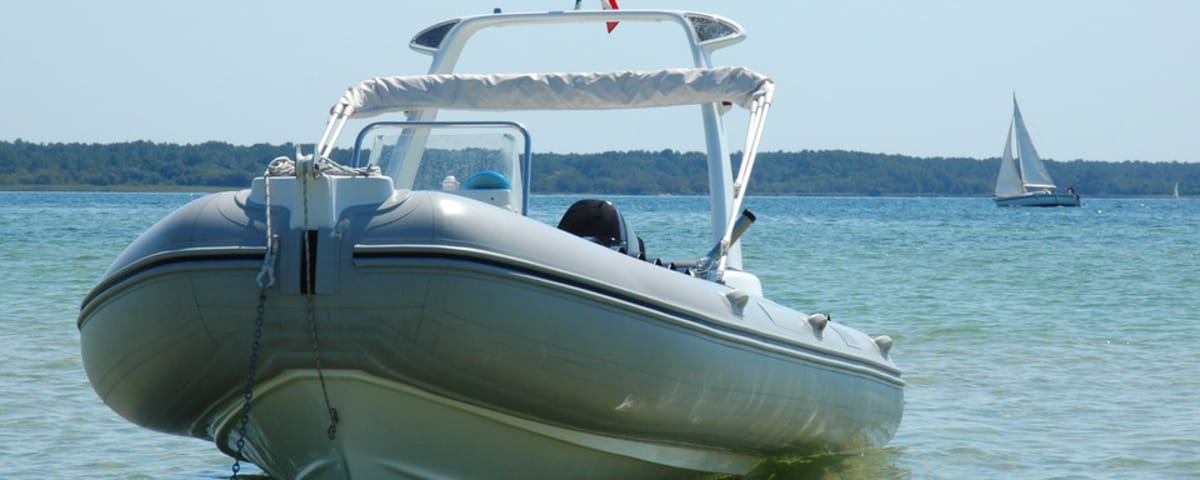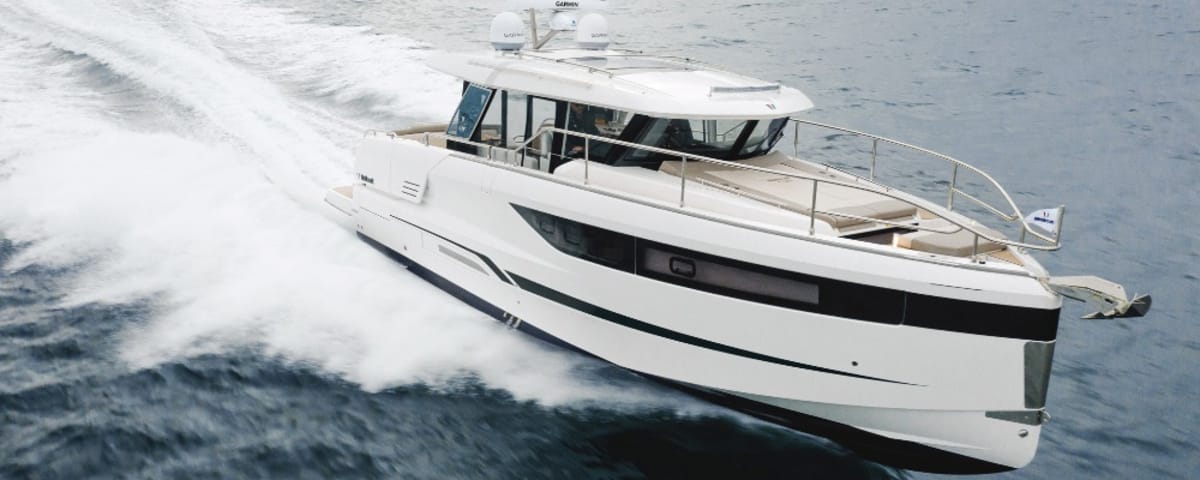Renting vs. Buying a Rigid-Hulled Inflatable Boat (RIB): Which is Right for You?
Deciding whether to rent or buy a rigid-hulled inflatable boat (RIB) depends largely on how often you plan to use it. Both options offer distinct advantages, and understanding the financial and practical implications of each is crucial for making an informed decision.
The Case for Renting: Occasional Use and Flexibility
Renting a RIB is a compelling option if you only plan to use it a few times a year – say, less than ten outings. The primary benefit is cost-effectiveness. You only pay for the days you use the boat, leading to significant savings compared to ownership. Furthermore, renting eliminates the responsibilities of maintenance, storage, and insurance, providing a hassle-free experience.
Key advantages of renting:
- Lower upfront costs
- No maintenance or storage responsibilities
- Financial transparency with no unexpected costs
- Opportunity to try different models and sizes
- Ideal for occasional use
Renting also offers the flexibility to choose the right size and equipment for your specific activities and location. You can adapt your boat to the conditions, ensuring a safe and enjoyable experience. The absence of storage concerns is another significant advantage, as RIBs require considerable space, which can incur additional storage fees.
The Case for Buying: Regular Use and Autonomy
If you envision using a RIB regularly, roughly 15 to 20 times per year, purchasing one becomes a more financially sound investment in the long run. Owning your own boat grants you complete autonomy and availability. You can set sail whenever you please, without being constrained by rental schedules or availability.
Key advantages of buying:
- Unlimited access and flexibility
- Ability to customize equipment and layout
- Potential for long-term cost savings
- Resale value
- Ideal for frequent use
Moreover, owning a RIB allows you to personalize the equipment and layout to your exact needs and preferences, significantly enhancing your boating experience. While the initial investment is substantial, it can be amortized over ten years or more. The possibility of reselling the boat at the end of its lifespan allows you to recoup a portion of your initial investment.
Financial Breakdown: Renting vs. Buying
A closer look at the numbers reveals the financial implications of each option. Renting a mid-sized RIB typically costs between €300 and €500 per day. If you boat for approximately ten days a year, this translates to an annual cost of €3,000 to €5,000.
Purchasing a 6 to 7-meter RIB, on the other hand, requires a significant initial investment of €20,000 to €40,000. Additionally, you must factor in annual expenses of €2,000 to €4,000 for maintenance, insurance, and storage.
“While renting may appear more economical in the short term, the cumulative costs of buying, although initially high, can prove more advantageous for regular, long-term use, especially when considering the initial investment and annual expenses required to maintain a boat in good condition.”
The Verdict: Tailoring Your Choice to Your Needs
In summary, renting a RIB is the optimal choice if you only boat occasionally and wish to avoid the burdens associated with ownership, such as maintenance and storage. Conversely, buying a boat is more beneficial if you boat frequently, as it provides unrestricted access, the ability to customize your vessel to your needs, and greater freedom in your maritime adventures.
Final Thoughts
Ultimately, the decision hinges on your boating frequency and priorities. Renting offers convenience and affordability for occasional users, while buying provides autonomy and customization for passionate boaters.
Enjoyed this post by Thibault Helle? Subscribe for more insights and updates straight from the source.


